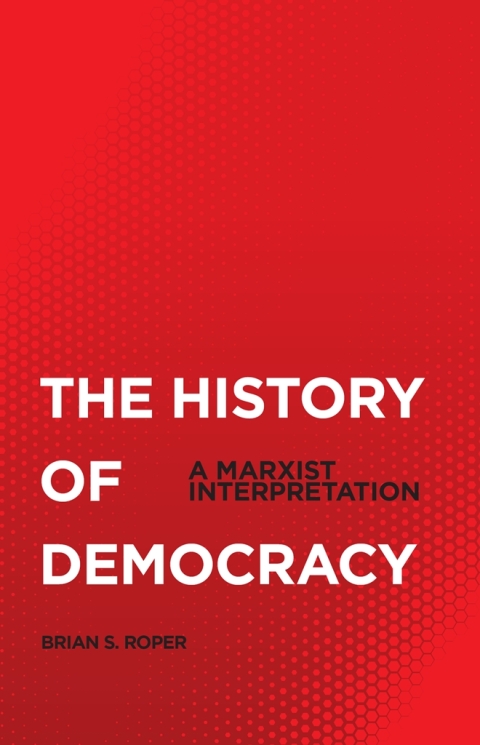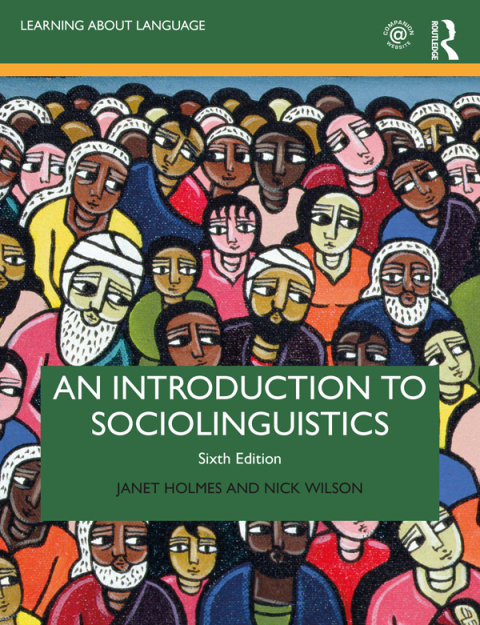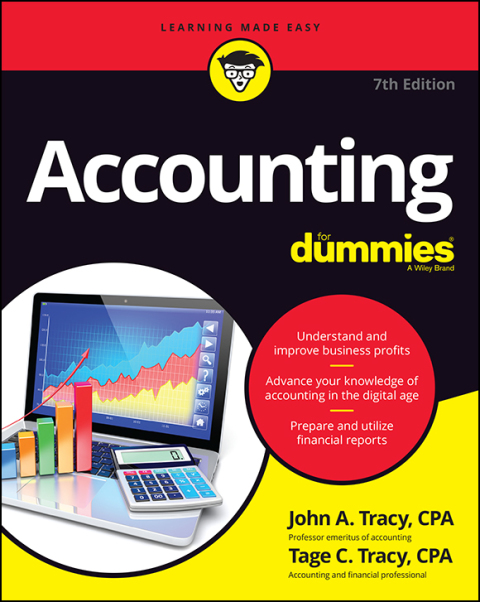Description
Efnisyfirlit
- Cover
- Title page
- Copyright page
- Contents
- Preface and acknowledgements
- Introduction
- 1 Origins: democracy in the ancient Greek world
- Introduction
- The historical emergence of Athenian democracy
- Class struggle in the Ancient Greek polis
- Cleisthenes’ reforms: establishing demokratia
- Peasant citizens, class struggle and democracy
- The suppression of democracy from 322–1 BC
- Conclusion
- Guide to further reading
- 2 Democracy suppressed: the Roman republic and empire
- Introduction
- The historical origins and development of the Roman republic from 509 to 27 BC
- Roman territorial expansion
- The economic and social structure of Roman society
- The political institutions of the Roman republic and the ‘conflict of orders’
- The ‘mixed constitution’ of the Roman republic: democracy or oligarchy?
- From the principate to the fall of the Roman empire, 27 BC to 476 AD
- Conclusion
- Guide to further reading
- 3 The early Middle Ages and the transition from feudalism to capitalism
- Introduction
- The early Middle Ages and the emergence of feudalism in Europe
- Historical retrogression during the early Middle Ages
- The origins of feudalism in Western Europe
- The central features of feudalism
- The growth of feudalism
- The crisis of feudalism and the emergence of absolutism in France and capitalism in England
- The crisis of feudalism
- French absolutism
- Explaining the emergence of capitalism in England
- Conclusion
- Guide to further reading
- 4 The English Revolution and parliamentary democracy
- Introduction
- The English Revolution and civil war, 1640–59
- English society in the mid-seventeenth century: population, class, gender and religion
- The historical origins of the English Parliament
- Background and context, 1603–40
- Parliamentary rebellion, civil war and the Levellers, 1640–49
- The republic and protectorate of Oliver Cromwell, 1650–59
- From the restoration of 1660 to the Glorious Revolution of 1688–89
- Conclusion
- Guide to further reading
- 5 The American Revolution and constitutional redefinition of democracy
- Introduction
- The American Revolution 1775–87
- Background and context
- Narrative of events
- The constitutional redefinition of democracy, 1787–91
- The Philadelphia Convention of 1787
- Ratification of the Constitution: federalists versus anti-federalists
- The historical novelty of representative democracy
- Completing the revolution: civil war 1861–65
- Conclusion
- Guide to further reading
- 6 The revolutionary revival of democracy in France
- Introduction
- Background and context
- Classes, clergy, monarchy
- Enlightenment philosophy
- Long and short-term causes of the revolution
- Narrative of events
- The revolt of the nobility
- The bourgeois revolution of 1789
- The revolutionary Jacobin government and the popular movement, 1792–95
- The Jacobin Constitution of 1793
- 1795: The fall of the Jacobins and the Thermidorian reaction
- Conclusion
- Guide to further reading
- 7 The revolutions of 1848–49
- Introduction
- Background and causes
- A wave of revolution sweeps Europe
- The June insurrection
- The Conservative counter-revolution
- Springtime of the peoples
- Conclusion: The historical legacy of the 1848 revolutions
- Guide to further reading
- 8 Capitalist expansion, globalisation and democratisation
- Introduction
- Capitalist expansion on a global scale
- The key characteristics of representative democracy
- The development of representative democracy in the advanced capitalist societies and the growing geographical spread of representative democracy
- The impact of globalisation on representative democracy
- Conclusion
- Guide to further reading
- 9 The Marxist critique of capitalism and representative democracy
- Introduction
- The Marxist critique of capitalism
- Exploitation and inequality
- Environment
- Competition, imperialism and war
- Crisis
- Oppression
- Alienation
- The democratic swindle
- The social and economic context of representative democracy
- The institutional mechanisms of representative democracy
- Conclusion: exploitation, alienation and democracy
- Guide to further reading
- 10 Precursors of socialist participatory democracy: the Paris Commune 1871 and Russian Revolutions of 1905 and 1917
- Introduction
- The Paris Commune 1871
- Classical Marxist interpretations of the Commune
- The Russian revolutions of 1905 and 1917: workers’ power
- Historical context
- The 1905 Revolution
- War, crisis and revolution
- The February Revolution and dual power
- The Bolsheviks and the October Revolution
- Was the Russian Revolution a ‘Bolshevik coup’?
- The new workers’ state: constructing socialism?
- The Stalinist degeneration of the Russian Revolution
- Conclusion: socialism and democracy beyond capitalism
- Guide to further reading
- Bibliography
- Index







Reviews
There are no reviews yet.